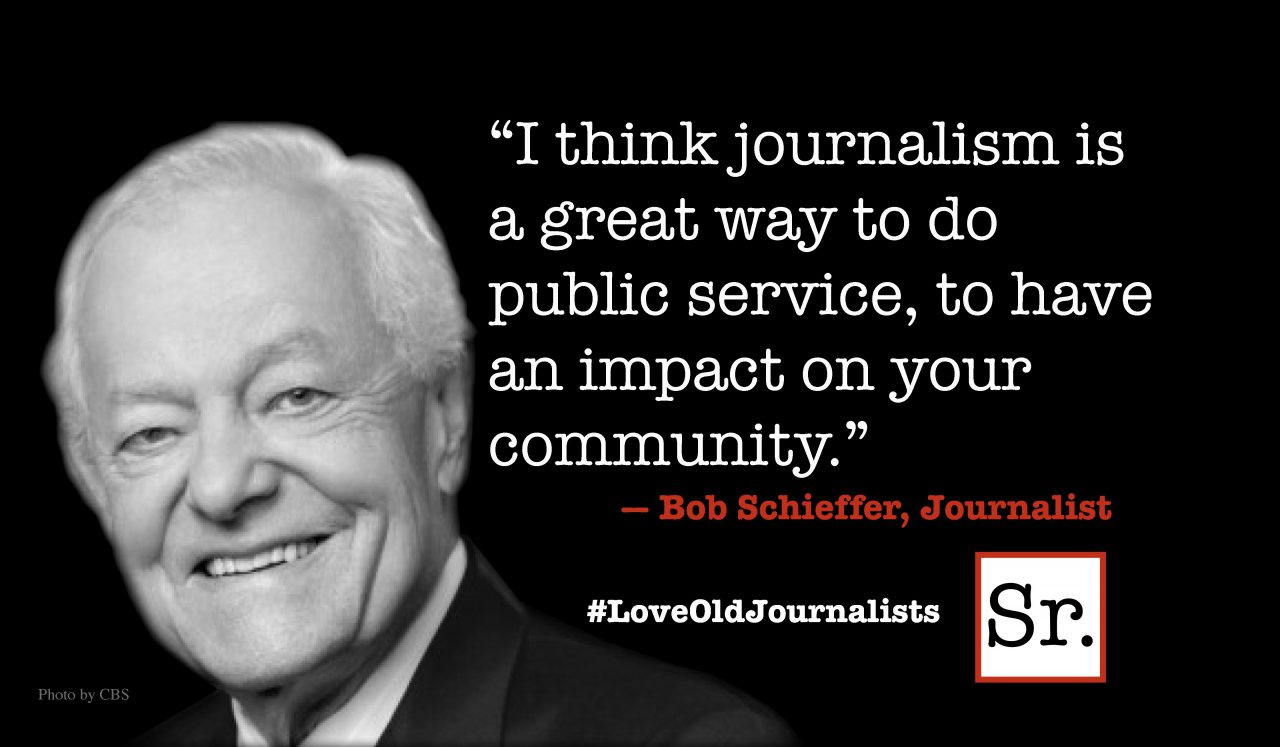What will it take to make this year our best year? That is the question we ask ourselves as we plot our course for the coming year. This is the question we have used to kick off every new year for the past seven years. It's a great question, and it sets the stage for continuous improvement in all aspects of our personal and work lives. We have realized the powerful benefits of engaging in this question year after year, and so it has become our new year's tradition.
As we prepare for Our Best Year Yet, Hank and I agreed that we would benefit greatly from developing our gratitude muscles in 2012. It turns out that the practice of gratitude is something many of us were taught as children. We were taught to appreciate our many blessings from God; we were taught to express thankfulness to individuals who gave us gifts and did kind things for us. And then somehow as adults, we seem to give our attention more to problems, challenges, and stressors, often not noticing all the good that we may also be experiencing.
Taking this notion to an even higher level, what about looking at our problems and challenges from a gratitude perspective and asking the question: What is there in these problems and challenges that give me cause to be grateful for them? You may be surprised, as we have been, how your problems and challenges and the way you responded to them have contributed to who you are and the talents you possess. Not an easy thing to do perhaps but worth a try.
We were happy to discover a little book in our library, entitled "Gratitude, How to Appreciate Life's Gifts," edited by Kathryn Britton and Senia Maymin. As we reviewed the book, we were reminded that gratitude is a character strength recognized around the world and across time. By noticing the things that others do for us, we reinforce our will and energy to do good for others. Gratitude is a habit that can be cultivated.
According to Britton and Maymin,"The intentional practice of gratitude has received considerable attention in positive psychology research. Positive psychology is an empirical discipline. Researchers formulate ideas and test them. They test the effectiveness of certain approaches with large populations.
Research has concluded that the practice of gratitude improves the quality of life. Building habits of gratitude is one of the most effective ways to increase well-being. Psychologists describe the expression of gratitude as a meta-strategy for achieving happiness."
The intentional and consistent practice of gratitude seems like an obvious way to assure that our next year is our best year. We want to start this year by sharing our gratitude to you, our subscribers and friends, for allowing us to share our weekly coaching column with you. We always appreciate it when you share your insights, experiences, and comments with us, as well.
Here's to you! And here's to making this Your Best Year Yet!









